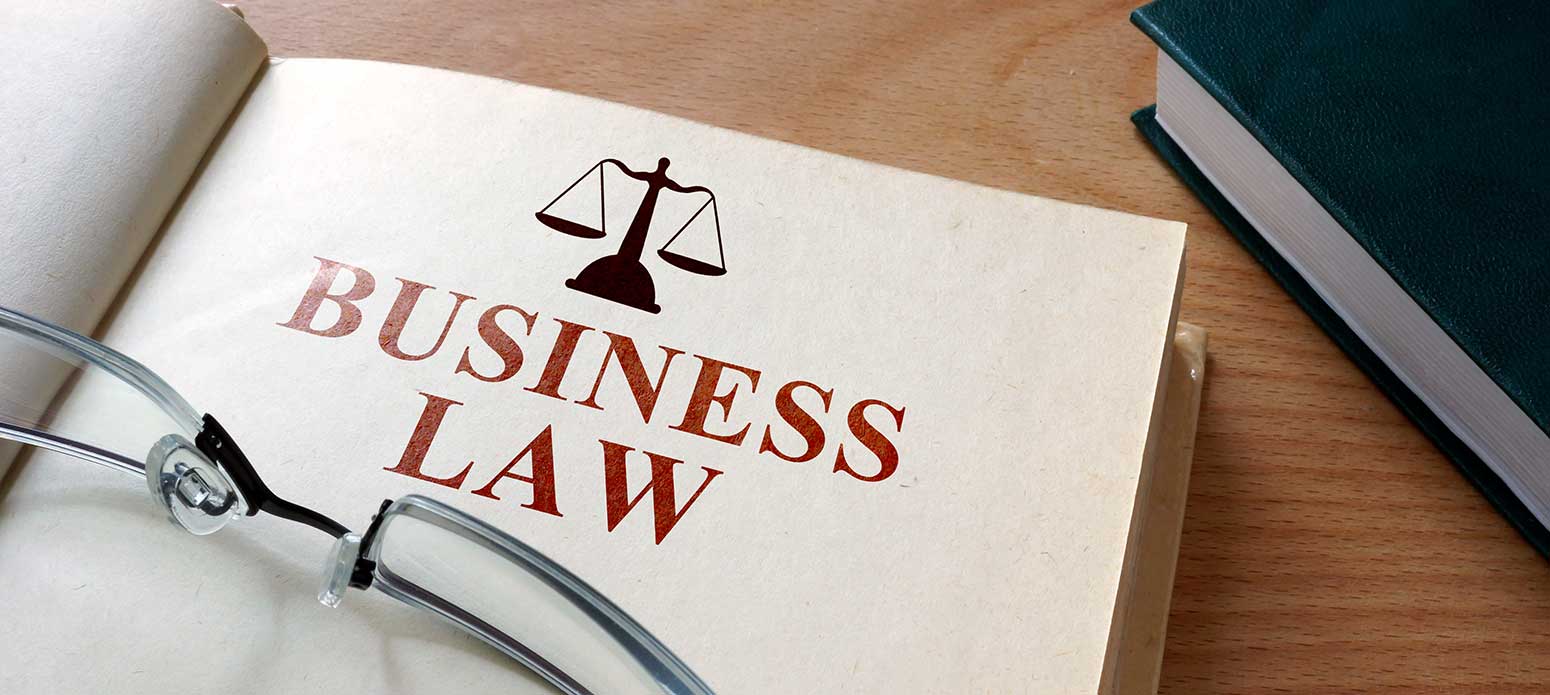Understanding the Role of a Business Lawyer and the Importance of Trademarks
In the modern, somewhat complex business environment, a business lawyer can become irreplaceable for both the emergent entrepreneur and the established companies. From an idea for the business to materializing it into reality and during the existence of the business, a business attorney offers the necessary legal platform to ensure that the organization operates within the law and complies with relevant regulations. Besides that, intellectual property protection with the help of trademarks is a very important aspect of business law; it enables one to protect the brand identity of an enterprise. In this blog, we will examine some of the key roles a business lawyer plays and dive more deeply into what trademarks are, why they are important, and how one can obtain trademark protection.

The Role of a Business Lawyer
Business lawyers are those lawyers who specialize in the law of businesses and commercial transactions. This could include corporate law, employment law, intellectual property, contracts, and litigation. The following are some roles and functions a business lawyer can play and perform:
1. Business Formation and Structure
Starting a business begins with one of the first big decisions: what kind of legal form the company shall take. The options include sole proprietorship, partnership, LLC, and corporation. A business lawyer would help the entrepreneur understand the implications of each such structure and therefore assist in the choice of the most appropriate in light of the goals, liability concerns, and tax considerations of the business.
2. Drafting and Reviewing Contracts
From employment agreements down to vendor contracts and customer terms of service, contracts are the backbone of any operation. A business lawyer drafts, reviews, and negotiates a contract with another party to ensure that the contract is legally sound and protects the business.
3. Compliance with Regulations
Coping with the diversity in local, state, and even federal regulations can overwhelm any enterprise. The business attorney will ensure your company complies with applicable laws, such as zoning laws, employment regulations, environmental laws, and regulations particular to certain industries. Such compliance is required in order to avoid expensive fines, lawsuits, and harm to a firm’s reputation.
4. Law of Employment
Labor law involves a myriad of laws on wages, workplace safety, and discrimination among many others. The business attorney counsels you on how to hire, fire, and handle employees to avoid ending up in court and also ensure that the work environment is fair.
5. Litigation and Dispute Resolution
Even with the best-laid plans and with good intent to move along swimmingly, disputes can involve businesses and their employees, customers, or even their competitors. This involves negotiations mediation and representation of the company in court when disputes take place. A business lawyer works to ensure that whatever issues are at play get resolved as advantageously as possible, minimizing the disruption to the business.
6. Intellectual Property Protection
Intellectual property is one of the most vital assets to any company. Business lawyers assist with securing this asset along with trademarks, patents, copyrights, and trade secrets. The finer understanding the IP rights, the better the ability to protect a favorable lead in the marketplace.

What is a Trademark?
Intellectual property law examines what a trademark is and how it is utilized with the view of protecting the identity of one’s business brand. Generally, a trademark can be defined as any sign, design, or expression that is easily recognizable and that may distinguish products or services of a particular source from those of others. It may involve words, logos, slogans, and even sounds or colors associated with a brand.
Trademarks are important.
Trademarks form the basis of any brand and marketing; hence, they represent a significant part of any organization. Here’s why they are so important:
1. Brand Identity and Recognition
A trademark creates a distinctive identity of the business products or services in the market. Over time, a strong trademark begins to share a relation with the business quality and reputation, which, as a result, strengthens customer loyalty and brand recognition.
2. Legal Protection
Registration of a trademark means protection through the law against unauthorized use by competitors. A trademark registration gives the owner the exclusive right to use such a mark in connection with the specified goods or services, excluding others from using a similar mark that might confuse the customers.
3. Full Value of Assets
Trademarks are intellectual properties that appreciate in value over time, if not outliving their owners. A trademark can thus add great value to the overall worth of a business concern, making it an attractive proposition before investors or buyers.
4. Deterrence of Infringement
Having a registered trademark persuades others not to try to use any similar mark. Such a mark serves as notice to the public of trademark owners’ rights and provides the legal basis, upon infringement, to take appropriate action against the infringer.
How to Secure a Trademark
Securing a trademark has many steps, and a business attorney is one who can walk the company through it to protect their rights properly. These may include:
1. Trademark Search
It is advisable that, before the filing of an application, a wide search be done about the mark one wants to use in order to see if it is already in use. This step will help in avoiding potential litigation problems with others and increase the chances of a successful registration.
2. Application of Trademark
After the trademark search confirms the availability of the mark, a trademark application is filed with the appropriate government agency, such as the USPTO. The application will require information concerning the trademark itself, the goods or services it is used to represent, and evidence of its use in commerce.
3. Response to Office Actions
The trademark office may grant an office action during the examination process, and request extra information or clarification during the procedure. In this regard, a business lawyer can assist in responding to such requests so that the process of application keeps going on.
4. Monitoring and Enforcement
After the registration of the same, it is quite important to monitor its usage in relation to where other persons do not infringe on trademark rights. A business lawyer can help enforce such rights by filing legal action wherever necessary.
5. Renewal of Trademark Registration
Trademark registrations are subject to periodic renewal to keep them effective. A business lawyer will be able to monitor renewal dates and undertake the process of renewal to ensure the mark remains valid for a long period.
Conclusion
The business lawyer’s role far exceeds this discretionary one of providing the business with legal advice but is an essential partner in any undertaking. From advising on the selection of an appropriate business structure to matters involving compliance with the complexities of regulation, contract drafting, and protection of intellectual property, the business lawyer is indispensable. With that in mind, an intellectual property strategy about what a trademark is and how to get it will go a long way toward building and protecting the identity of a brand in the marketplace. It is highly recommended that all firms work closely with a business lawyer down that path to charting a course for long-term success and growth.
That being said, it is not a matter of falling into hot water in the first place; rather, the cost of maintaining legal services or getting a trademark is the process through which the business is empowered not only to thrive but also to be strong in the most competitive environment.

Leave a Reply